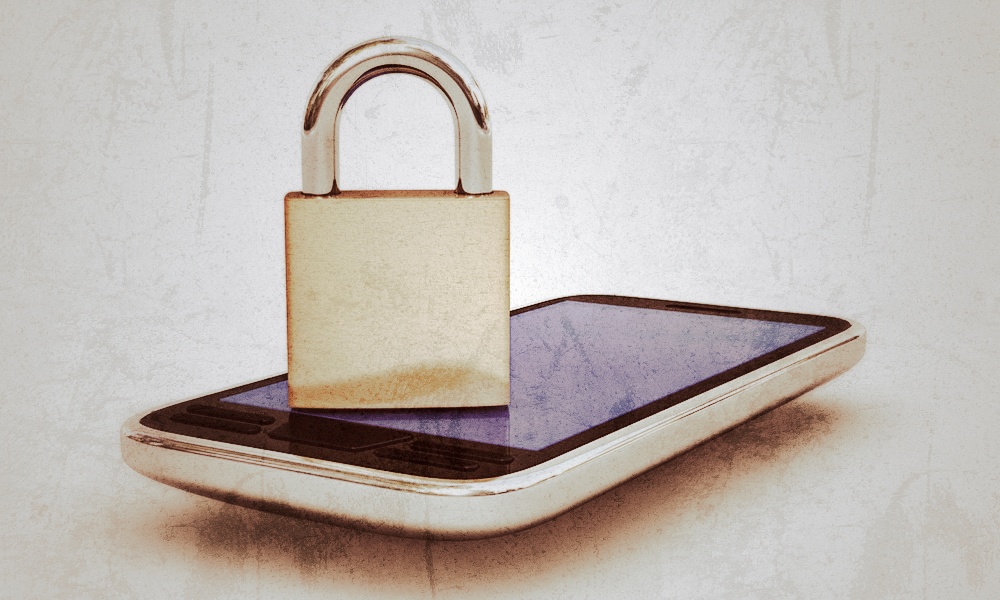
Why the White House Spoke out on Cellphones
Over the past few months, the Obama administration's "We the People" petition site has proven an effective engagement tool on hot-button political issues. The latest endeavor? A public plea to allow legal unlocking of cellphones.
The Obama administration has used its “We the People” petitions for the flip (see Death Star) and the serious (see gun control).
Neither criminal law nor technological locks should prevent consumers from switching carriers when they are no longer bound by a service agreement or other obligation.
But with its latest response letter, which it published Monday, the administration is helping surface an issue that many tech-minded smartphone owners have long found an annoyance. More details:
The situation: The Digital Millennium Copyright Act of 1998 included a number of provisions meant to strengthen copyright law, including a rule that users may not legally circumvent technology designed to limit access to certain types of products. In 2010, cellphones, which can be “unlocked” and permitted to go to other carriers, were exempted from this rule. However, the Library of Congress, which houses the U.S. Copyright Office, decided in October to end the exemption, effectively making it illegal to unlock cellphones as of January. In response, a group of tech activists started a petition on the White House’s website asking for the rule to be reversed—legislatively or otherwise.
The response: After the petition received more than 100,000 signatures, R. David Edelman, the White House’s senior advisor for internet, innovation, and privacy, responded, offering support to the petitioners. “The Obama administration would support a range of approaches to addressing this issue,” he wrote, “including narrow legislative fixes in the telecommunications space that make it clear: Neither criminal law nor technological locks should prevent consumers from switching carriers when they are no longer bound by a service agreement or other obligation.” The Library of Congress also made a statement, noting that while “the rulemaking serves a very important function, but it was not intended to be a substitute for deliberations of broader public policy.”
The reaction: The response was largely positive, with many advocacy groups, such as Public Knowledge, praising the letter. Steven K. Berry, president and CEO of the Competitive Carriers Association, also backed the White House move. “Consumers, the FCC, and the White House have spoken out, and it is now up to Congress to take action on this pro-consumer issue,” Berry said in a statement. “CCA looks forward to working with Congress to ensure the U.S. Copyright Office’s decision is reversed, which certainly will help provide consumers the competitive choice they deserve.” On the other hand, Michael Altschul, senior vice president of CTIA—The Wireless Association, told The New York Times that its members believe phones should be locked, but only during the duration of a contract.
Do you think the “We the People” site could lead to real-world changes on this or other issues? Let us know your thoughts in the comments.
(iStockPhoto/Thinkstock)






Comments